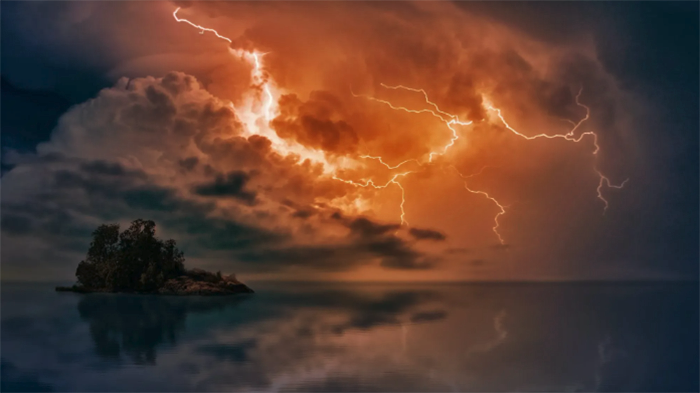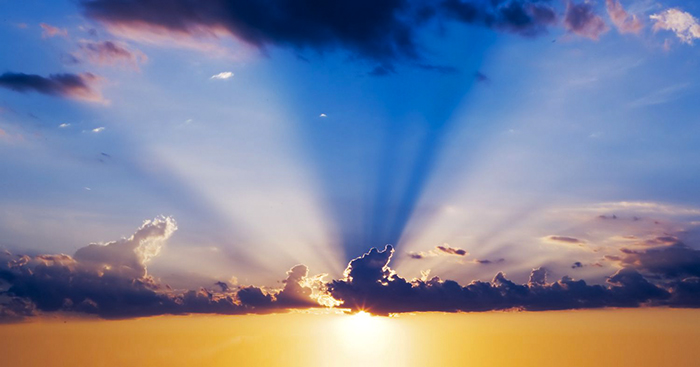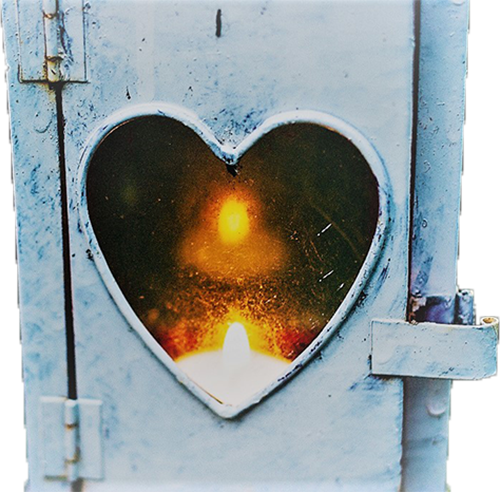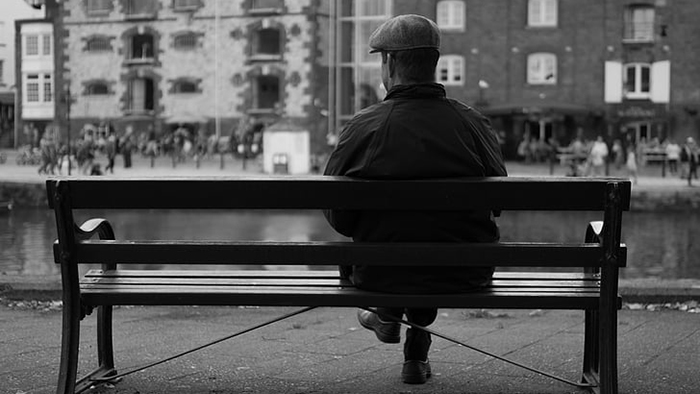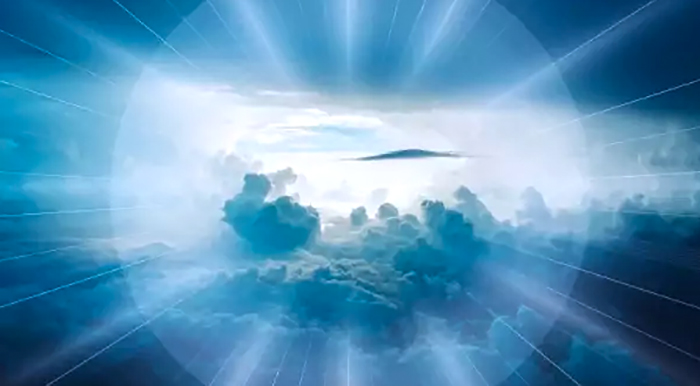
Fr. Ron Rolheiser, who has spent the better part of his adult life in academic endeavors, writes that today’s verse has long bothered him because Jesus is saying that the deep secrets of life and faith are hidden from the learned and the clever and revealed instead to children, to those of a less-complex mind. I don’t doubt the truth of this; I wonder why. Intelligence and learning are good things. Intelligence is the gift from God that sets us apart from animals, and access to learning is a precious right God gives us. Indeed, ignorance and lack of education are things every healthy society and every healthy individual strives to overcome. Scripture praises both wisdom and intelligence, and the health of any church is partly predicated on having a vigorous intellectual stream within it. Every time the church has let popular piety, however sincere, trump sound theology it has paid a high price. God did not give us intelligence to ask us not to use it. Naiveté is not a virtue and should never be confused with innocence. So why is being “intelligent and clever” something that can work against our understanding of the deeper secrets within life and faith? The fault is not with intelligence and learning, both good things in themselves, but they often have the unintended effect of undermining what’s childlike in us; that is, the very strength that they bring into our lives that can allow us to unconsciously claim superiority and have us believe that, given our intelligence, we have both the need and the right to isolate ourselves from others in ways that the natural neediness of children does not permit them to do. Children are not self-sufficient even though they fiercely want to be. They need others, and they know it. Consequently, they more naturally reach out and take someone’s hand. When we are the “learned and the clever,” we can more easily forget that we need others and consequently don’t as naturally reach for another’s hand as a child. It’s easier for us to isolate ourselves and more easily lose sight of the things to which God and life are inviting us. The very strength that intelligence and learning can bring into our lives is a superiority that never enters a room alone but always brings along a number of her children: arrogance, disdain, boredom, and cynicism. These are occupational hazards for the “learned and the clever,” and none help unlock life’s deep secrets. Faith doesn’t ask us not to stretch our minds. It not only doesn’t fear the hard questions, it invites us to ask them. And so it’s never wrong to become learned and sophisticated; it’s only bad if we remain there. The task is to become post-sophisticated, that is, to remain full of intelligence and learning even as we put on again the mindset of a child.

